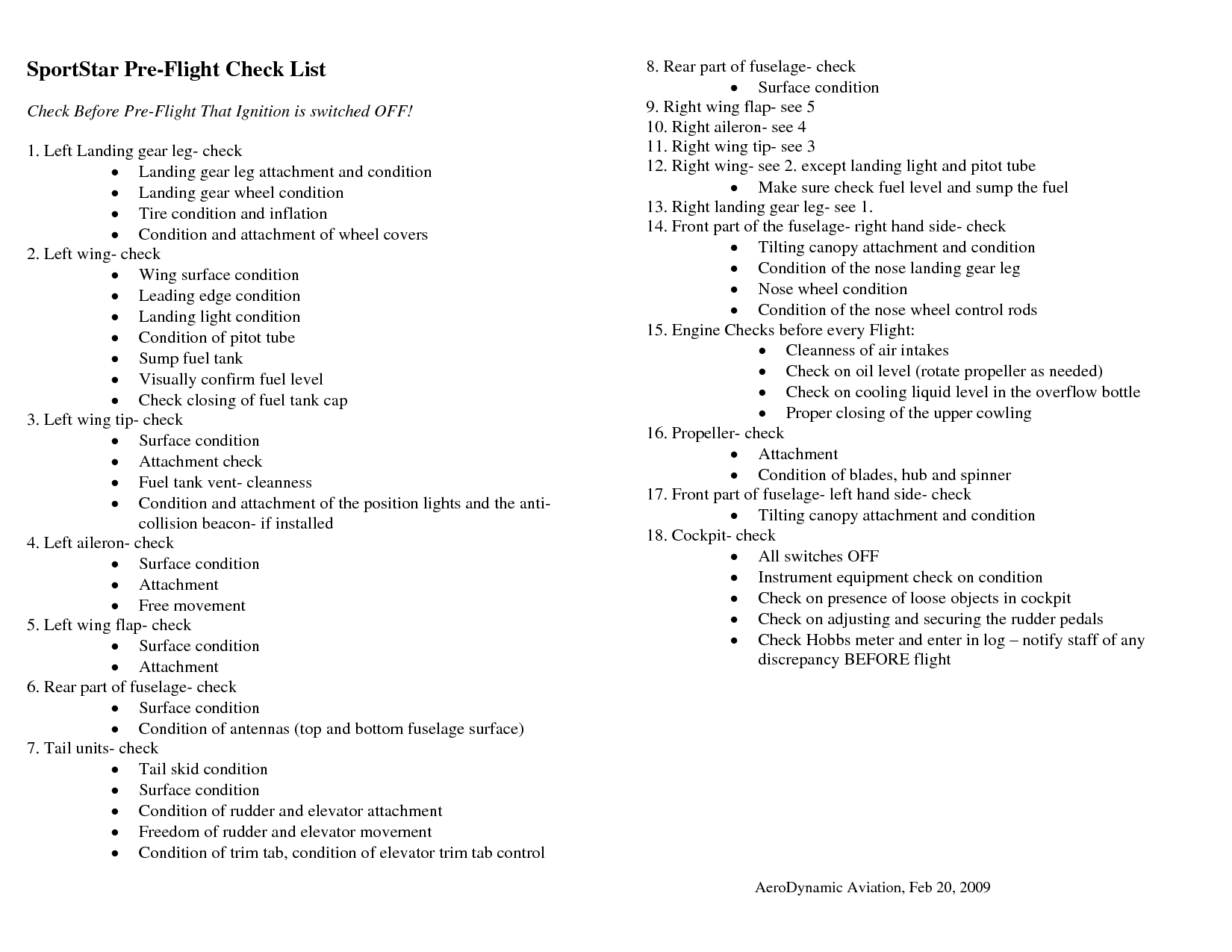
“Politics: “Poli” a Latin word meaning “many”; and “tics” meaning “bloodsucking creatures”.”–Robin Williams
Our Job Search Continues
We will continue from our last post discussing a search for a job at a hedge fund found here http://wp.me/p1PgpH-lB
Several readers contributed insights that expand on my narrow, eccentric view. I want to repost some of their comments:
PT writes: As a side remark, I believe you should also be aware that there aren’t that many real analyst jobs available at funds. First of all, the same team often manages different funds. Secondly, from time to time they are actively recruiting but the boutique investment funds for example are not recruiting on a regular basis. Therefore, I believe going your own way is probably a rewarding one in the long term. By going your own way, I mean doing your own research, talking to people, writing about your findings, etc. It is probably a cliché but…for example if you are not printing an annual report and reading it (at home) because you are curious and have fun reading it…you are probably not made for it. When you have a clear investment process, valuation techniques, thinking outside the box mentality, etc. etc. you probably get involved into better and better discussions with other people (fund managers) as well.
From llmarsii
I strongly agree with your point about figuring out what one’s true passion is. I can’t remember where I saw this (maybe from one of the videos that you actually) but I believe there’s a clip where Bill Gates talks about the 10,000-hour rule in Malcolm Gladwell’s Outliers. Gates mentions how the rule is more tiered than linear, e.g. you do the craft for a hundred hours, then 50% of the people stop and after 500 hours, 70% of the people quit, etc. By extension, I think first determining one’s true passion and then the discipline to dedicate 100% of one’s effort are very underrated keys to success.
Here are two of my favorite “motivational” videos that I would like to share:
1. Will Smith on Success: http://www.youtube.com/watch?v=q5nVqeVhgQE
2. Maybe it’s my fault: http://www.youtube.com/watch?v=cEVCjUG1Mww
Also, to PT’s point, I’ve observed that many good investors don’t hire teams of analysts. My guess is that they limit their investment decisions to their circle of competence and must invest in something they have researched and fully understand. Nevertheless, there are still great investors that use/have used the help of analysts (Graham, Einhorn, Klarman). The struggle for a young aspiring investor with financial difficulty is s/he may not have the financial means to start independently yet it’s often hard to find a real research-based analyst job. With that said, I’m confident that anything is possible with hard work, perseverance, and time. END
Skills not Credentials
Wonderful advice from those readers. Reviewing the previous post, I seemed critical of MBAs and CFAs. No, those are great credentials, but having gone through those programs is neither necessary nor sufficient to developing into a good investor. Certainly, a hiring money manager may think that if someone has completed a Columbia MBA, then the candidate is smart and motivated so one less worry in that hire. But what they really want is someone with the ability to find, research/analyze and communicate in order to help he or she add value for his clients.
Show Your Passion, Skills and Strengths
How can you leverage your time and efforts to learn while pursuing your job search? You can follow the lead of Michael Burry who posted his investment ideas on various web-sites to obtain feedback to improve his process. He not only learned but he got “discovered” by Joel Greenblatt. Yes, luck was involved, but he pursued his passion while learning. Burry also realized that if HE was to be successful he was going to have to do it his way and not just be a mimic of Buffett—just as Buffett went his own way versus Graham’s style.
Whether you only have $3,000 to invest or $300 million, you want to keep careful track of your reasons for each investment so over and over again you can go back and try to see your patterns of thinking, success and failure to improve. Learning for your mistakes is often harder than it seems, but you would be surprised how few professionals ruthlessly do it.
The Sleuth Investor
So how does that help you find a job? You need to show someone the quality of your thinking/work so they have a compelling reason to hire you. Depending on your personal situation look around in the town where you live and what businesses or industry catches your attention? One day, I flipped through my Value-Line at the library and came across Miller Industries, Inc. (MLR), a tow-truck manufacturer- MLR_VLhttp://www.scribd.com/doc/80380931/MLR-VL. And Tow-Truck Magazine http://www.scribd.com/doc/80381569/Tow-Times-Miller-Industries.
I noticed the high returns on capital prior to 2007 and wondered how can a dinky tow-truck company earn such good returns, and then why was there a decline in ROA? Could I normalize earnings and was this a good business?
In the 10-K I saw that the business wasn’t that capital intensive plus the industry structure was more like a monopoly with MLR having a dominant share. In fact, a few years back, Miller was sued by the U.S. Justice Department to prevent an acquisition. Miller buys trucks beds at cost which they pass onto to the customer, then they make their money in assembly of the hydraulic winches and pumps plus providing parts to the dealers. Similar to Catepillar, success was driven by their dealer relationships. The wider selection of models, the better product offering for the dealers, while more dealers improved sales and service which allowed for economies of scale in making tow trucks. The strong become stronger. The decline in capital seemed temporary due to a retooling and restructuring investments plus the drop in sales due to the recession. Also, even I could grasp how the tow truck business worked.
To prove this to myself, I called on tow truck operators, dealerships and competitors. Sitting in a tow truck at 11 PM on a freezing Chicago Winter’s night, I learned about the importance of a strong dealer network. An operator doesn’t buy a tow truck to take Betty Lou to the drive-in; he or she buys a capital asset to make money. If the capital assets is out of service, then costs mount quickly. The winch stopped working while pulling out an over-turned bus. The dealer had two mechanics out there within 35 minutes and a hour later, we were up and towing the bus to its garage.
The analyst can writeup an industry map, show how the competitive dynamics work, prove that the company has strong assets (dealer relationships) that are reinforced by economies of scale as shown by their market share and low unit costs by work done outside of just the 10-K and normal analysts’ reports. When in 2009 the company was trading at a $36 million enterprise value with excess cash, you could buy the business for well under liquidation value plus its growth would be profitable. No one on Wall Street was covering the company. Yes, you have to spend a few nights drinking cold coffee, and driving around with a guy who chews tobacco, but go the extra mile. The investment worked out, but I no longer own the company’s stock. The point is to show you can do deep due-diligence and original work on your own.
Go back to this post on the Sleuth Investor: http://wp.me/p1PgpH-W to learn how to do more in-depth research. I can guarantee you will set yourself apart. You can even check your work by sending your report to the CEO of Miller or a competitor and asking what might you have done better before you send it to a small/micro cap money manager. You will receive feedback and may even get referrals to other opportunities.
Many Ways to Heaven
Also, Wall Street is not the only place you can research companies. You can work for the M&A depart of a corporation; you can do investigative business journalism; you can become a loan officer, etc. There are many ways to go to heaven.
Leave Your Comfort Zone
Granted, you might be out of your comfort zone like Gene Hackman, but you will learn: We Are Family http://www.youtube.com/watch?v=dYLk34GCXbo Turn up the volume after the annoying 30 second commerical (I don’t put those there!)
GOOD LUCK!











